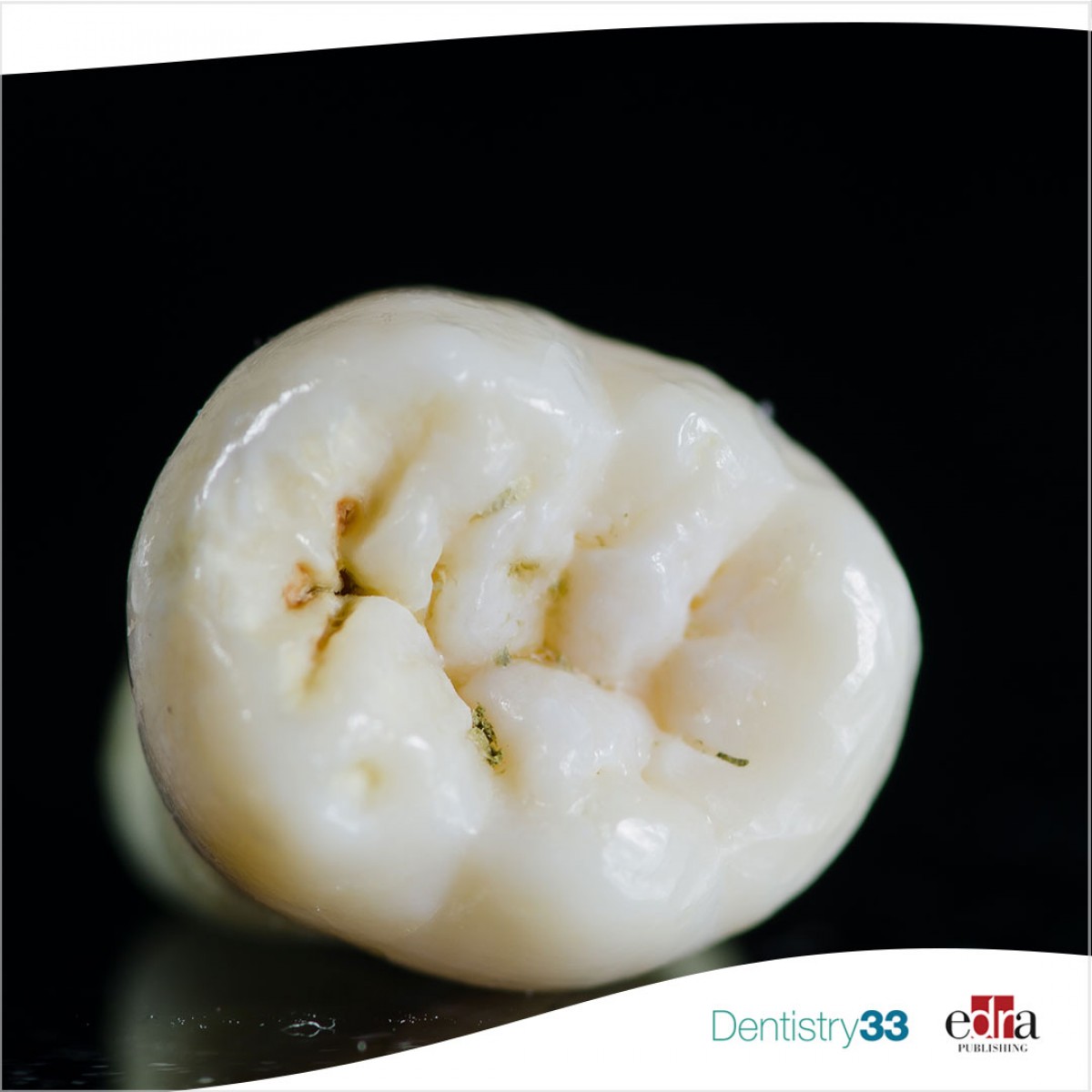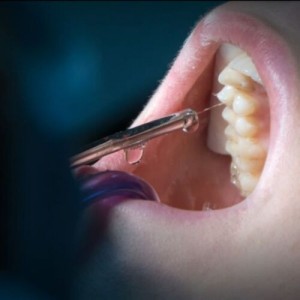
Does modifying the consent process reduce anxiety during third molar operations?
Purpose
Third molar surgery is one of the most commonly performed operations, usually associated with high anxiety. The purpose of this study was to determine if patients' anxiety would reduce if consent was modified to match their dominant intelligence type (DIT).
Methods and materials
A single center, prospective randomized clinical study was conducted in the Maxillofacial Surgery Clinic of Ordu University on patients admitted for lower third molar removal between October 2020 and June 2021. The participants were randomly assigned to a study group where consent was based on DIT or a control group where consent was obtained in the standard fashion. DIT was determined using the multiple intelligence test and was further categorized as visual/spatial, verbal/linguistic, and bodily/kinesthetic. The consent method was the primary and the type of DIT was the secondary predictor variable. The primary and secondary outcome variables were the salivary cortisol level and Modified Dental Anxiety Scale (MDAS) scores measured before and after the consent, and after the operation. Mann-Whitney U, Friedman, Pearson correlation, and χ2tests were conducted for statistical analysis.
Results
Eighty patients (55 females and 25 males; mean age 23.5 ± 6.2) were included. No significant difference was observed between the study and control groups for the change in cortisol levels and MDAS scores before-after consent (−11.15 ± 62.64; −6.84 ± 32.9) (P = .389), −0.6 ± 3.46; −0.7 ± 2.49) (P = .832) and before consent-after operation (−39.80 ± 108.2; −39.72 ± 77.04) (P = .987), (−4.31 ± 5.97; −3 ± 4.34) (P = .867). The change in MDAS scores and cortisol levels was not correlated after consent (P = .587, r = 0.62) and operation (P = .406, r = 0.94).
Conclusion
Providing consent based on DIT is not statistically different than providing consent in the standard fashion. The role of consent strategy in managing anxiety and lack of correlation between salivary cortisol and MDAS requires further investigation.
Damla Torul, Mehmet Melih Omezli, Tolunay Avci, Ibrahim Selcuk Esin. "Does Modifying the Consent Process Based on the Dominant Intelligence Type Reduce Anxiety During 3rd Molar Operations?" Journal of Oral and Maxillofacial Surgery. March 01, 2023. DOI:https://doi.org/10.1016/j.joms.2023.02.015
 Related articles
Related articles
Oral surgery 22 September 2025
Minor oral surgical procedures in patients on oral anticoagulants—a controlled study
Patients on therapeutic anticoagulation are at risk of bleeding from minor oral surgical sites.
Oral surgery 05 September 2025
Fentanyl, a short-acting synthetic opioid, has a pharmacokinetic profile suited to fast relief of brief episodic pain.
News 02 September 2025
Dr. Doug’s Pediatric Dentistry (“Dr. Doug’s”) is providing notice of a recent data security incident that may have involved personal and/or protected health information.
Editorials 27 August 2025
Gift to the Harvard Dental Center will extend a lifeline to patients in need
A $500,000 gift will provide dental treatments to those who could not otherwise afford care
Promising HSDM research into the rare and debilitating disease was halted due to withdrawal of federal funding. The research had implications for treating a range of skeletal conditions and broader...
 Read more
Read more
Editorials 10 October 2025
With proud smiles and crisp white coats, ninety-three learners from the DDS Class of 2029 and the International Dentist Pathway Class of 2028 marked the start of their dental careers at the UCSF...
Periodontology 10 October 2025
Continuous professional development (CPD) in Periodontology refers to the overall framework of opportunities that facilitate a life-long learning practice, driven by the learner-practitioner and...
TheraBreath, the #1 alcohol-free mouthwash brand in the U.S.*, has introduced a new line of dentist-formulated, clinically tested toothpastes designed to support professional oral care...
News 10 October 2025
New officers and trustees were installed at the Minnesota Dental Association’s Leadership Conference on September 19 in Minneapolis.
News 10 October 2025
Smartee Denti-Technology today announced that Professor Gang Shen, its Chief Scientist and Executive President of TaiKang ByBo Dental, has once again been named to the World’s Top 2% Scientists...















